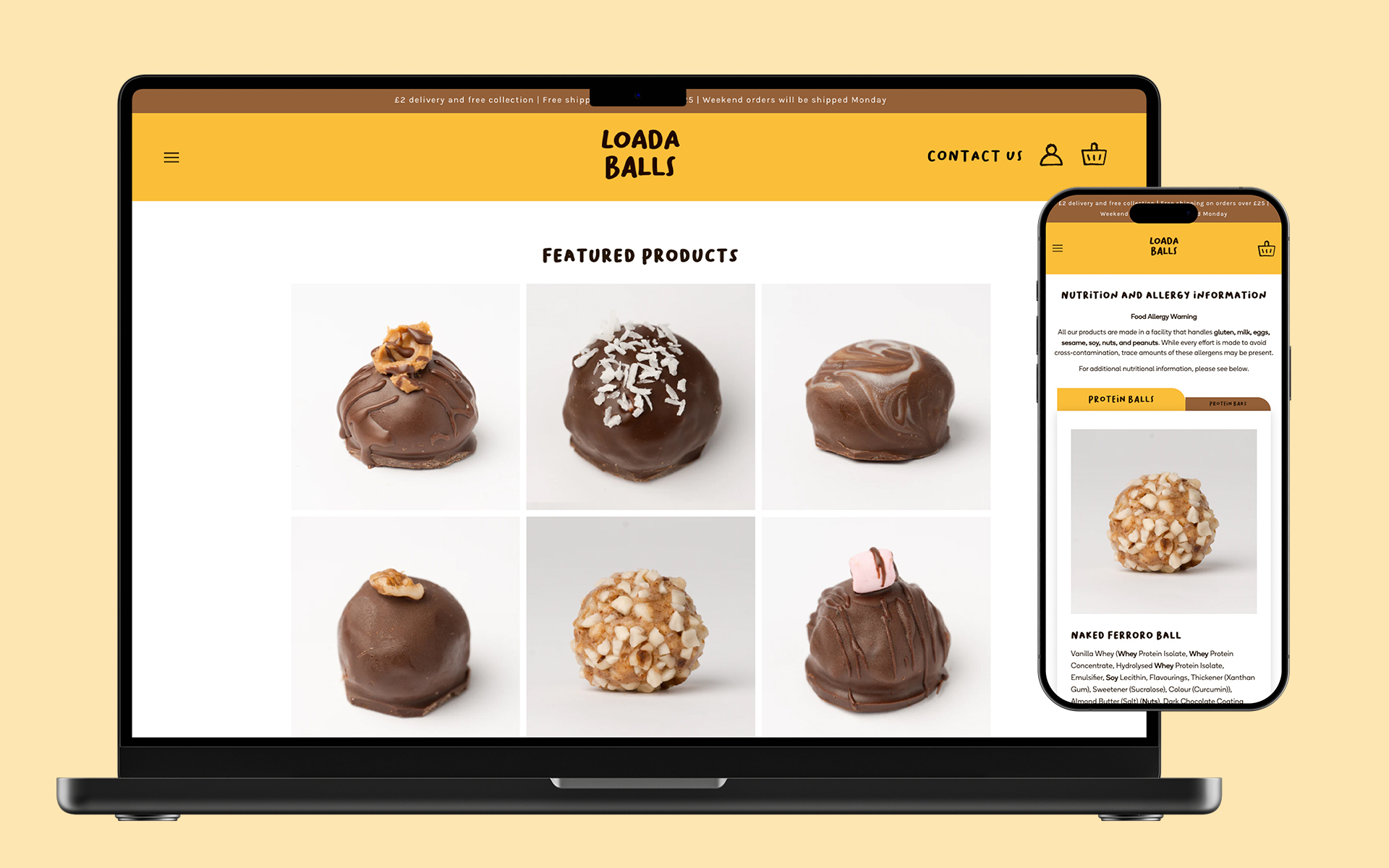Why you shouldn't rely solely on social media

Social media has become the go-to launchpad for many D2C brands. It’s visual, fast-moving, and helps brands connect directly with their audience. But if your entire business is built on social platforms — whether it’s Instagram, TikTok, or anything else — you’re building on borrowed land.
Many social-first brands eventually reach a tipping point: they’ve grown a loyal following but struggle to convert that into sustainable revenue. One of the most common challenges? They don’t have a proper website.
Social Media Isn’t Your Storefront — It’s Just the Shop Window
Social platforms are great for visibility and engagement, but they come with serious limitations:
- You don’t own your audience — the platform does
- Algorithm changes can dramatically affect your reach overnight
- DMs and comments aren’t scalable for orders or customer support
- You’re limited in how you present your brand and product range
In short, your ability to grow and sell is entirely at the mercy of platforms you don’t control.
Your Website Is Your Digital HQ
Your website is the one space online that you fully own. It’s where your brand lives, your products shine, and your conversions happen — without distractions or limitations.
With a well-built website, you can:
- Track behaviour and optimise for conversions
- Upsell and cross-sell with intention
- Capture customer data and build your email list
- Strengthen your SEO to attract organic traffic
For D2C brands, Shopify is often the ideal platform to bring that to life.
Case Study: Loada Balls
Loada Balls is a protein snack startup based in Belfast. Like many early-stage brands, they built early momentum through social media — using platforms like Instagram to create buzz and engage with potential customers.
But when it came time to scale, they needed more than a link in a bio or a product drop in a Story.
We worked with them to design and develop a Shopify store that reflected their personality, streamlined the buying process, and set them up for long-term growth. Now, instead of relying solely on social, they have a central hub where customers can explore the brand and buy directly.
You can view the project here

Social + Site: The Smarter Combo
Social media is a powerful tool for growing awareness — but it’s even more effective when paired with a strong website. Think of social as the top of the funnel, and your website as the place where real business happens.
- Link directly to key pages, not just homepages
- Use landing pages tailored to social campaigns
- Drive customers to your site for the full brand experience
Final Thought
Your social media presence is an important part of your strategy — but it shouldn’t be your whole strategy. A strong website gives your brand a permanent home, increases trust, and sets the foundation for growth.
If you're ready to move beyond the limitations of social platforms, we’d love to help build the site that takes your brand to the next level.